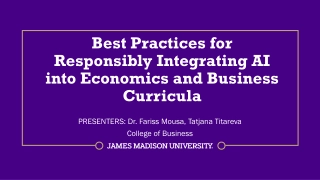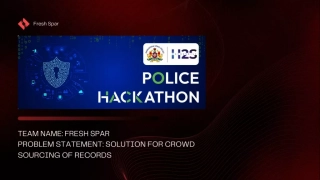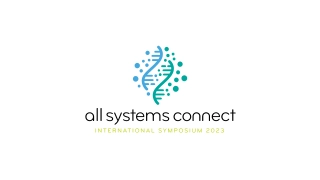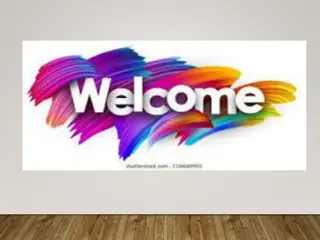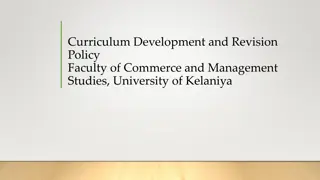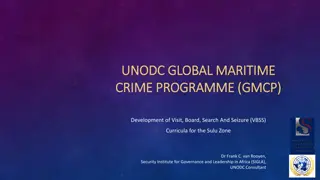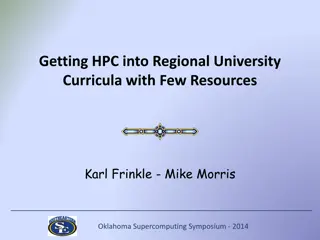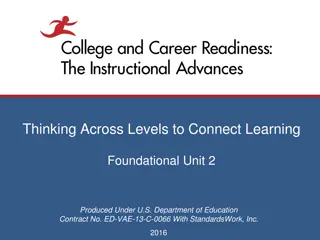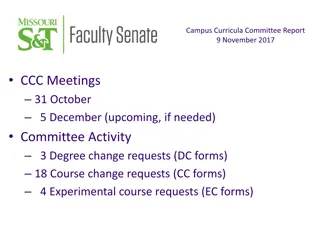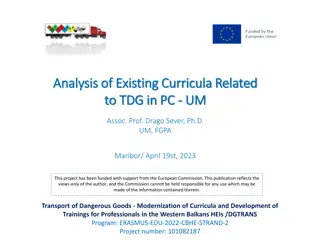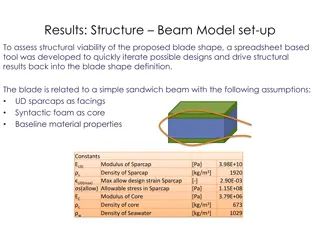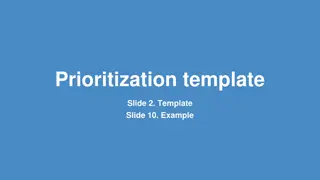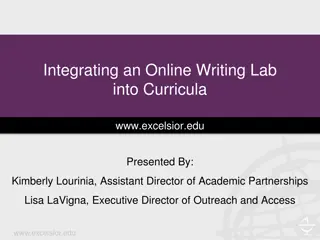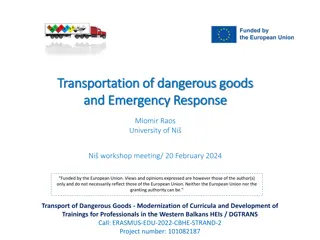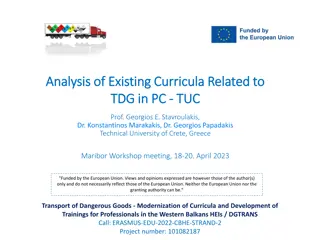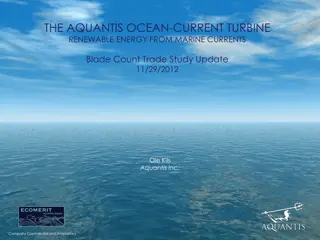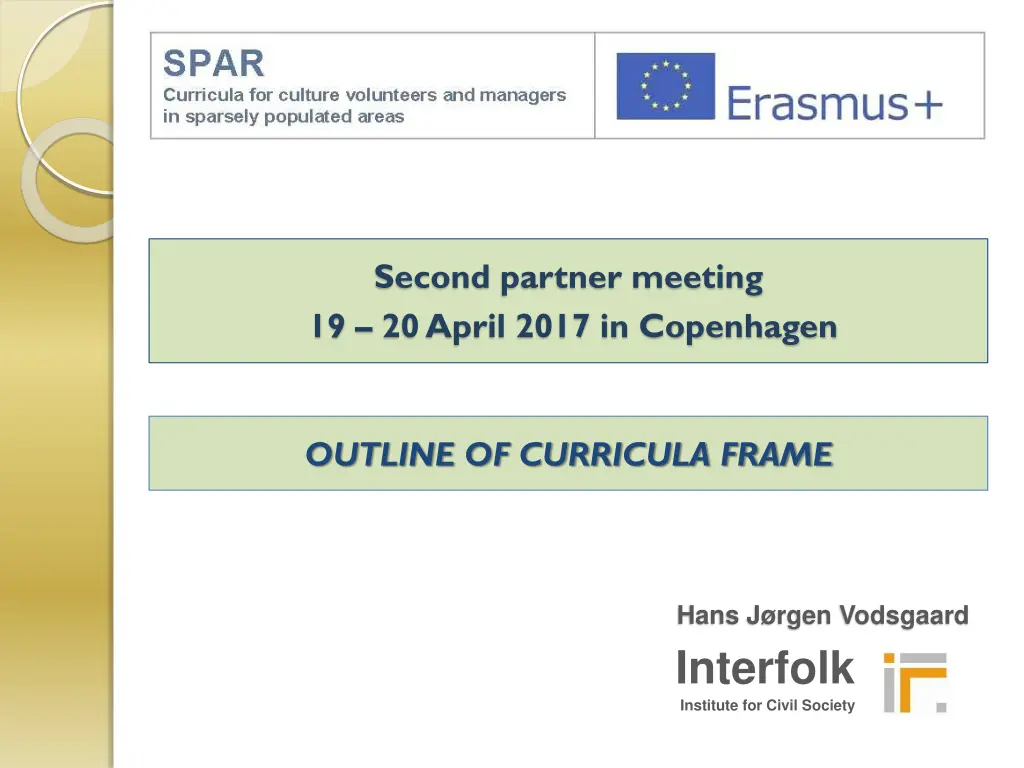
Key Elements of Curriculum Development for Adult Learning
Explore the essential aspects of curriculum development for adult learning, including learner-centered approaches, outcome-based learning, and the distinct needs of adult learners. Gain insights into formulating measurable learning outcomes and specific objectives to enhance teaching effectiveness.
Download Presentation

Please find below an Image/Link to download the presentation.
The content on the website is provided AS IS for your information and personal use only. It may not be sold, licensed, or shared on other websites without obtaining consent from the author. If you encounter any issues during the download, it is possible that the publisher has removed the file from their server.
You are allowed to download the files provided on this website for personal or commercial use, subject to the condition that they are used lawfully. All files are the property of their respective owners.
The content on the website is provided AS IS for your information and personal use only. It may not be sold, licensed, or shared on other websites without obtaining consent from the author.
E N D
Presentation Transcript
Second partner meeting 19 20 April 2017 in Copenhagen OUTLINE OF CURRICULA FRAME Hans J rgen Vodsgaard Interfolk Institute for Civil Society
The methodological approach 2 The Curriculum Guidelines proceed from the learner-centred approach, and the principles of outcome-based learning. Outcome-based learning focuses on assessable learning outcomes that learners are supposed to achieve as a result of the learning process. Not Grundtvig s view of the mission of the Folk High Schools: To find the song behind the plough
Adult learning 3 Teaching adults is different from teaching children. Adult learners have higher self- consciousness and more previous experiences. Focus on their own experiences (as culture volunteers) Focus on their expressed needs (as culture volunteers) Include problem-based learning (as culture volunteers)
Planning the curriculum 5 In the best of world: - A training program is carried out according to the curriculum The curriculum should includes at least the following information: 1. Title of the curriculum 2. The learning outcomes 3. Possible requirements / qualifications to be met by the learners 4. Total volume of the course, measured in academic hours (45 min) 5. Content of the studies: Main topics and activities. 6. Teaching methods: Learner-centred methods / participatory and activity- based methods, integrating theory and shared experience 7. Learning environment: Lecture room, group rooms, lab, equipment, etc 8. 9. 10. Profile of learning providers and trainers Study materials, if these are intended for the completion of the curriculum Course certificate or notice of participation
Re 2: Learning outcomes in general 6 Learning outcomes are formulated according to the objective of the learning process and have to be measurable, assessable and achievable within a limited period of time Generally, 4-6 outcomes are included These outcomes serve as a basis for selecting appropriate teaching and learning methods, as well as deciding upon the assessment methods and the structure and content of studies.
Re 2: Specific Learning objectives 7 Possible specific learning objectives: 1. Self insight and validation of own prior learning and lifelong developed transversal skills and key competences, 2. Insight knowledge and shared experiences of the possibilities of arts and culture to help to revive villages and remote areas. 3. Insight knowledge and shared experiences of the sector of amateur arts, voluntary culture and heritage in sparsely populated areas. 4. Insight knowledge and shared experiences of local stakeholders that may support cross-culture activities in the local communities. 5. High level skills in planning and managing culture activities with an added value for civic participation and community bonding. 6. Enhanced communication skills to reach different audience groups and use a variety of dissemination channels in local communities.
Re 2: Specific learning outcomes 8 On completion of the course, the culture volunteers will be able to Recognise and validate their prior learning and articulate their competence profile and its relevance for working as culture volunteer. Interpret and understand the main activities in the cross-cultural sector of voluntary culture associations and its interactions with main stakeholders in the local communities. Explore issues about the relations between local culture activities and civic participation, local identity and community bonding Apply the team-leading skills necessary to plan, implement and communicate cross-culture activities within a local community context.
Re 6: Teaching methods 9 Teaching methods: Learner-centred methods / participatory and activity-based methods, integrating theory and shared experience. It will include a blend of short concise lectures, plenary discussions, workshops on case studies, pair work and individual learning. Short presentations on the topic prepared by participants themselves will be part of the course. Validation procedures* is embedded in the content of the course, because an integrated validation contributes both to the recognition of the outcome for the participants and to the quality assurance of the course. *) The learners must at the end of the course validate the outcome / their own possible competence development
Re 9: Certification or? 10 A course certificate or notice of participation can be issued to the learner after completion of the course A course certificate can be issued to a person if the learning outcomes was assessed and the person accomplished all the required learning outcomes for the completion of the curriculum A notice of participation can be issued to a person if the accomplishment of the learning outcomes was not assessed or if the person did not accomplish all the required learning outcomes. A notice may only include information about those topics that were actually covered by the learner during the course
Time schedule 11 No Who Key activities Deadlines P3, IF ActKn The lead partner, IF outlines the curricula frame (with support from ActKnowledge re assessment framework?) 20.05.2017 1 The partners will be engaged in a shared dialogue on refinements of the draft Curricula frame All 25.05.2017 2 P3, IF IF present draft curricula compendium, English ed. 05.06.2017 3 All The partners gives feedback 10.06.2017 4 P3, IF IF prepare the final English Master edition 15.06.2017 5 P1, VA VA proof-reads the manuscript 20.06.2017 6 P3, IFIF layouts the English edition using visual identity of the project, and publish the reports as a PDF-publication. 30.06.2017 7 All Evaluate the work packages / process evaluation 30.06.2017 8

